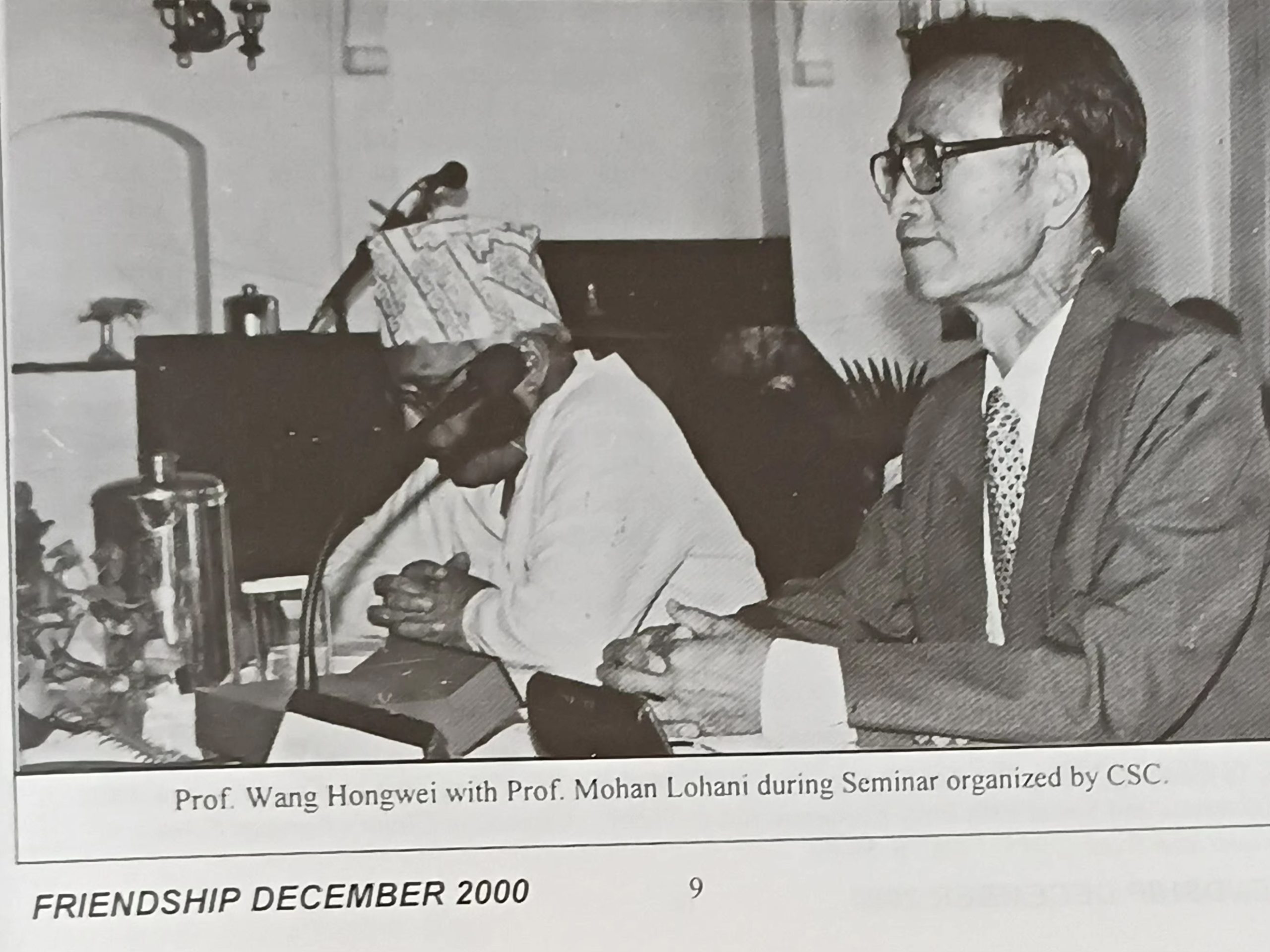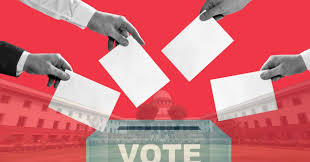
By Deepak Joshi Pokhrel.
A few days ago, the scene at the state-run hospital across the country was truly absurd. Thousands of service seekers, mainly from rural areas, were seen stranded in the hospital, moving through every corner with the hope of knowing why they were denied services in the Outpatient Department. Later, they came to know that doctors were on strike, halting all services except for emergencies. This was something that was not only condemnable but also immoral, raising questions over our health system and medical practitioners.
But why do the doctors resort to these tactics even under the slightest pretext? What led them to halt all the services except for emergencies, denying the constitutionally guaranteed right of every citizen? This is a very debatable question that calls for urgent heed in finding a permanent solution to the problem that has become a common occurrence in the recent past.
Of course, our nation has transformed politically, paving the way for rapid economic growth and sustainable development. We drafted the inclusive constitution that guarantees access to basic services, including health. But this is very strange and disgusting to note that even the provisions of the constitution are given a short shrift. One can experience this only in our country.
Along with our education system, our health system is also in dire straits. The government-run hospitals are either overwhelmed or underequipped, or understaffed. The doctors who are deployed at the government hospital are seen attending the patient at their own clinics or private hospitals. They are not accountable to the people, and as a result, people cannot avail themselves of the constitutionally guaranteed health facilities. Posh hospitals are beyond the financial reach of urban dwellers, let alone the rural folks. The doctors are often reported for negligence, which often leads to the death of patients. This is the situation of our health system. Amidst this paradoxical stage, the service seekers, mainly poor, have no option but to rely on their fate, saying it is usual business and they have to accept the way it is.
The latest episode of financial irregularities in some posh hospitals based in Kathmandu raised eyebrows of everyone. The financial embezzlement laid the foundation to validate the claim that every sector in the country is morally corrupt. Consumers took swift action against the perpetrators. The consumer court, in its verdict, imposed heavy penalties on three private hospitals: Rs 5.68 million on the Chabahil-based Om Hospital (8 percent to the hospital and 20 percent to the doctors involved); Rs 5.7 million on Grande City Clinic (Rs 4 million to the doctors and 1.7 million to the hospital); and Rs 14.5 million on Himal Hospital (70 percent to the doctor and 30 percent to the hospital).
In response to the ruling of the court, the Nepal Medical Association (NMA)—the umbrella organisation of medical doctors—announced the complete halt of all non-emergency services at hospitals nationwide. But it was surprising to note that the association said that it infringes upon the jurisdiction of the Nepal Medical Council. One must understand that the court has the authority to take action against any wrongdoers, be it the medical council or the engineers' association.
By their profession, the doctors are supposed to save the lives of the people—irrespective of their economic background. It is for this reason that we believe doctors are second to God. To the contrary, many doctors in our country are more focused on earning quick money than on serving the people in the true spirit of service. They intend to make money, corroborating the saying “make the hay while the sun shines.” This is truly deplorable given their profession.
When the court takes action against the hospital and doctors involved in financial embezzlement and guilty of gross medical negligence, they launch a strike, halting all non-emergency services. This is nothing but their pressure tactics, and the government succumbs to their move, thinking of the poor people who come from far-flung areas to seek medical services.
This is not to say that the doctors do not take their responsibility seriously. They do. But they are more focused on earning quick money rather than serving the people. This is against their moral values and ethics.
I know this from personal experience. Just recently, this scribe’s elder daughter had taken ill. Though it seemed a case of diarrhoea, he rushed her to the well-established hospital of the capital. I consulted a senior general physician with a high reputation. After ten minutes of observation, the doctors prescribed the medicines and a very expensive test, something which seemed irrelevant and unnecessary. He even suggested I conduct the test at a specific private clinic. The reason was simple. He and the clinic were working in a nexus, and the doctor was provided a huge chunk of the budget generated after conducting the expensive tests.
What seemed to be a normal ailment was turned into a serious issue, compelling this scribe to buy unnecessary medicines and conduct expensive and irrelevant tests. Mind you, this scribe is a political columnist having some knowledge about medical science. If such a person can be fooled by weaving a story, one can imagine what happens to a person from far-flung areas if he/she visit such doctors.
As things stand, our health system requires a massive reform, creating an environment of trust and faith in hospitals—be they private or government-owned—and doctors. The doctors and the hospital should not see a patient as a commodity and extract money from them. We visit the hospital with the hope that our ailment will be cured without expending an unnecessary amount. Finally, if doctors are accountable to the people, the situation will never arise that compels them to launch an indefinite strike halting all non-emergency services.













Comments:
Leave a Reply